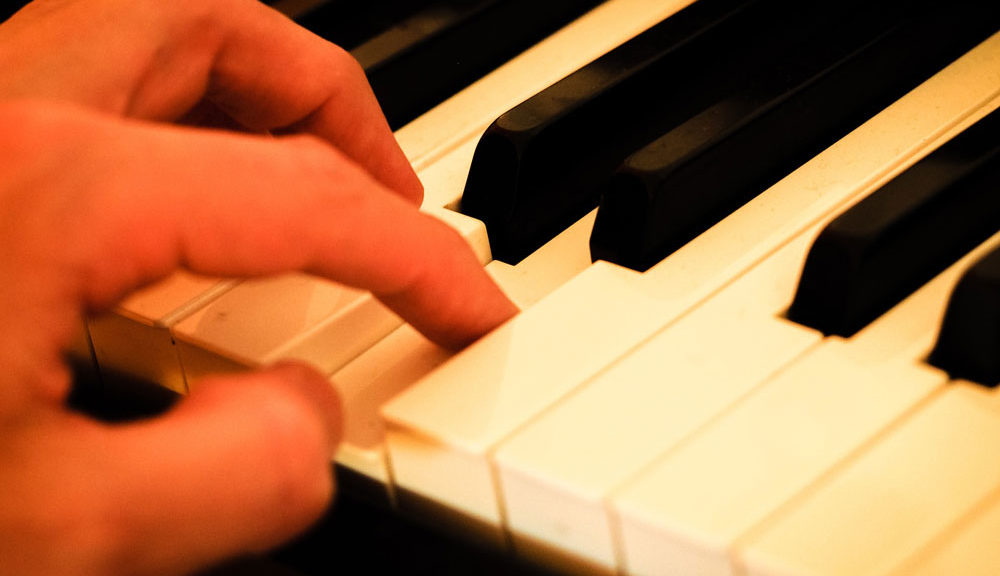
Top 5 Reasons Why Piano Should be Your First Instrument
Can you relate to one of these scenarios?
Your child…
- brings you drawings of pianos;
- asks you to teach him or her how to play;
- is content to tap away at a piano or keyboard – without even knowing how to play; or
- dreams to play the trumpet, flute, saxophone, guitar, cello, violin or drums
You…
- believe the piano in your home is more than just a beautiful piece of furniture;
- have always fascinated by the piano; or
- you played another instrument in the past but had difficulties or didn’t enjoy it as much as hoped
In any situation, the piano is a fantastic instrument to begin with on your path of musicianship.
Piano as Your First Instrument
1. Learn the Complete Language of Music
Regardless of the instrument you choose to play, you will need to learn and understand four key concepts:
- pitch (the “note”)
- rhythm (the “beat”)
- tempo (the speed or rhythmic pace of the music)
- expression and dynamics (how loudly or softly the music is played)
Pitch, or which “note” is being played, runs the full course on the piano. All modern music is written pitch-wise on three types of clefs – treble, bass, and C-clefs. Music for the piano, with 88 keys, is written on both the treble and bass clefs. This creates what as known as the “grand staff” in written music. Knowledge of the grand staff and these two clefs can be easily transferred to C-clefs. The ability to read music on the piano allows you to read music on all other instruments.
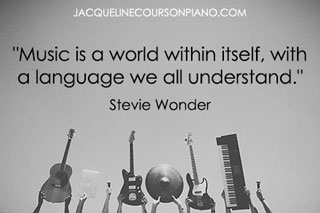 Piano music also requires both melody and bass accompaniment at the same time, which helps with learning rhythm and tempo. A pianist can actually see how the melody and rhythmic patterns interact. This leads to development of a very consistent pace or tempo and good rhythmic feel. The piano is also a very percussive instrument by nature, using tiny hammers to produce sound. The percussive element makes the piano a natural instructional tool for feeling rhythm.
Piano music also requires both melody and bass accompaniment at the same time, which helps with learning rhythm and tempo. A pianist can actually see how the melody and rhythmic patterns interact. This leads to development of a very consistent pace or tempo and good rhythmic feel. The piano is also a very percussive instrument by nature, using tiny hammers to produce sound. The percussive element makes the piano a natural instructional tool for feeling rhythm.
Because the piano is very percussive, it is also a very expressive instrument in terms of dynamic capability. As finger strength and dexterity improve, a piano student will be able to produce an increasingly wide range of volumes.
2. Ease of Playing Compared to Other Instruments
When playing the piano, your pitch will always be as perfect as the pitch of the piano you are playing.
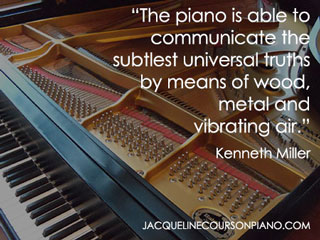 This is different than wind or horn instruments. These require special mouth techniques (embouchure) to get a beautiful sound from the instrument.
This is different than wind or horn instruments. These require special mouth techniques (embouchure) to get a beautiful sound from the instrument.
This is also different than string instruments played with a bow. To get a pleasing sound you must perfect the bowing technique – or else you’ll just hear a terrible screeching noise! These stringed instruments are even more complex because they are fret-less (no marks on the neck of the instrument). This means your ear must be properly trained to hear and recognize the correct pitch.
The visual layout of the piano keys makes learning to read music easier. The black and white keys create a repeating pattern than relates very closely to grand staff – making it easier to learn treble and bass clefs.
The piano is a great first instrument for those wanting to learn one of the instruments mentioned above. Because the technique is not as complicated, piano is a great way to learn the basics of music. This knowledge can then be easily transferred to the other instruments you wish to play. With the basics already mastered, you can focus on developing great technique on these other instruments. The piano also provides great training for pitch recognition necessary to play other instruments.
3. Enjoyable to Play either Solo or in a Band
One of the best parts about knowing how to play the piano is the versatility of the instrument. Unlike every other instrument, the piano can be enjoyed equally in a band or as a solo instrument.
On other instruments, solo play is not necessarily enjoyable for an extended period of time. It can be tedious to play only the melody or bass lines of your favorite songs. It may also be frustrating to play a tiny role in a song, with just a few notes here and there – you may need a whole band!
Piano is highly satisfying for those wishing to play a solo instrument. Rather than be limited to one, four, five or six notes at a time – a pianist can play up to ten! With the full range of sound that can be produced at one time, melody and accompaniment, the piano is one instrument that doesn’t need a band.
Additionally, the piano is also a great band instrument, to lead or accompany other instruments. The ability to play so many notes at once also makes the piano or keyboard versatile. You can play just the melody, just the bass, or both at once! If you have a special keyboard or multiple keyboards, you can even play two or more sounds at one time.
Such versatility is why learning to play the piano is a gift that lasts a lifetime.
4. Best Instrument for Songwriting
The ability to play piano is the most powerful skill in a songwriter’s toolbox. As a pianist, you can understand music on a more big-picture scale:
- chord progressions
- song structure
- interactions between all instruments
Since a pianist can play both melody and bass, entire songs can be written on piano and broken down into component instruments.
With MIDI technology, you can “play” any instrument for the purposes of writing and recording music. For example: Don’t know how to play cello but you want one in your song? Easy – use your MIDI keyboard to come up with a part. Keep the MIDI recording or hire a professional cellist for your final recording.
MIDI-capable instruments exist for an ever-increasing number of instruments – but to use them, you still need to know how to play the instrument. Because of the structure of a keyboard, it is also the easiest to use in order to write parts for other instruments. For example, you may be able to write a violin part on a MIDI guitar, however it will need quite a bit of tweaking to sound right.
5. Because You Love It!
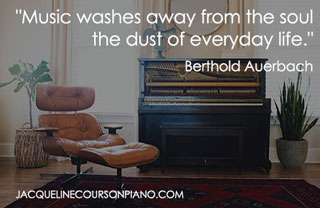 While all of the reasons listed above are great multi-use purposes for learning piano first, it’s also great to learn simply just because you love it!
While all of the reasons listed above are great multi-use purposes for learning piano first, it’s also great to learn simply just because you love it!
Whether you love the tone, the genres of music using the keyboard and piano, or are simply fascinated by the 10,000 moving pieces of a piano, the more you love the instrument the further you can take it.
Piano – Versatile and Beautiful
Learning to play the piano first can:
- Make it easier to learn the “language of music” compared to starting on other instruments
- Help you learn a wide variety of other instruments
- Provide a great lifelong music experience that can be enjoyed whether solo or in a band
- Allow you to write your own multi-instrumental songs
- Make you a better musician
Piano lessons are the fastest and easiest way to develop skill on the instrument. The right teacher can help you identify your goals, find the right materials for you to learn from, provide coaching on your technique, and help keep you both motivated and on track with your education and training.
Related Articles Recommended for You

Read More

Read More

Read More

Read More

Read More

Read More

Read More

Read More

Read More

Read More
Schedule Your First Lesson!
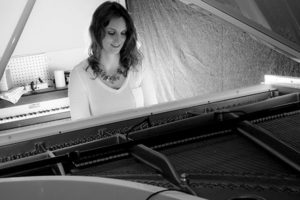 Contact Me
Contact Me
today
to schedule
your or your child’s
first piano lesson!